Generative AI has transformed the way content is created and optimized for search engines. Unlike traditional SEO approaches, generative AI focuses on understanding user intent, creating high-quality content quickly, and aligning with search engine algorithms. By leveraging AI models, businesses and content creators can generate unique, relevant, and engaging content that resonates with audiences while improving search rankings. This technology allows for smarter keyword integration, optimized metadata, and personalized content experiences that appeal directly to target users, making it a key tool in modern digital marketing strategies.
Understanding Generative AI in SEO
Generative AI in SEO works by analyzing large datasets, understanding patterns, and producing content that matches both user needs and search engine requirements. Unlike conventional SEO tools, generative AI can:
- Create long-form and short-form content efficiently
- Suggest relevant keywords based on context
- Optimize content structure for readability and engagement
- Generate meta descriptions and titles that improve click-through rates
These capabilities allow content creators to focus on strategy and storytelling while AI handles repetitive and data-driven tasks, ensuring content aligns with SEO best practices.
Differences between Generative AI and Traditional SEO
The main differences between generative AI SEO and traditional methods lie in speed, adaptability, and precision:
- Speed: AI can produce hundreds of optimized articles in the time it would take a human writer to create a few.
- Adaptability: Generative AI adjusts content based on search trends and user behavior.
- Precision: It identifies relevant keywords, semantically related phrases, and content gaps efficiently.
Additionally, generative AI enhances research capabilities by identifying trends and providing insights that human analysis might miss. For example, AI can quickly evaluate competitive content strategies and propose improvements. For deeper insights into research applications of AI, explore https://planetecourse.net/the-role-of-generative-ai-in-transforming-research-methods/, which highlights how AI accelerates research and content strategy simultaneously.
Advantages for Content Creation
Generative AI SEO offers multiple advantages for content creators and digital marketers:
- Ensures content is consistent, high-quality, and relevant
- Reduces the time spent on content ideation and drafting
- Improves search engine rankings with optimized keyword placement
- Enhances audience engagement with personalized and targeted content
By integrating generative AI tools into content workflows, businesses can maintain a steady flow of content that aligns with both user intent and search engine requirements, increasing organic traffic and engagement.
Boosting Search Engine Rankings
Using generative AI for SEO not only streamlines content creation but also improves search rankings. Key strategies include:
- Semantic keyword optimization
- Structuring content for featured snippets
- Generating metadata that drives higher click-through rates
- Continuously updating content based on user interaction data
These practices ensure that content is discoverable, relevant, and competitive in search engine results pages SERPs.
Generative AI SEO differences offer a strategic advantage in content creation and search engine optimization. By combining AI-driven insights with human creativity, businesses can produce high-quality content faster, maintain relevance, and enhance search engine performance. This technology empowers content creators to stay ahead in competitive digital landscapes while meeting the evolving demands of both users and search engines.
